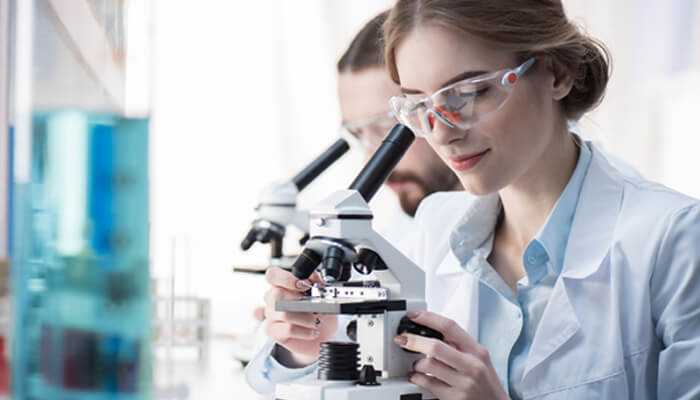Active labs, from academic settings to corporate research facilities, depend on reliable, high-quality equipment. These tools serve as the backbone of scientific exploration, allowing researchers to make precise measurements, conduct thorough analyses, and ultimately push the boundaries of human knowledge. Below, we delve into the top 10 essential tools that every bustling lab should have on hand.
1. Microscopes
No laboratory is complete without a good microscope. As the very emblem of scientific examination, these tools provide a closer look at specimens, allowing scientists to delve deep into the intricacies of the microscopic world. Modern labs often invest in electron microscopes for even more detailed observations.
2. Centrifuges
Centrifuges are pivotal for separating mixtures based on the densities of their components. They’re particularly useful in fields like molecular biology and biochemistry, where scientists need to isolate specific proteins, DNA, or other cellular components from samples.
3. Spectrophotometers
Spectrophotometers are essential for labs that require detailed analysis of light wavelengths. By measuring the amount of light absorbed or transmitted by a sample, researchers can determine its concentration, purity, and other vital characteristics.
4. Autoclaves
Safety first! Autoclaves are the lab’s answer to sterilization. Using steam under pressure, these devices effectively eliminate bacteria, spores, and other pathogens from laboratory equipment, ensuring that experiments are uncontaminated.
5. PCR Machines

Polymerase Chain Reaction (PCR) machines are critical for labs engaged in genetics research. These machines amplify tiny amounts of DNA, allowing scientists to study genetic material in detail, paving the way for advances in medicine and biology.
6. pH Meters
Accurately measuring the acidity or alkalinity of a solution is crucial in many scientific investigations. pH meters provide this essential data, ensuring that experiments have the correct conditions for success.
7. Chromatography Equipment
Chromatography is a technique used to separate and identify the components of a mixture. There are various types, such as gas and liquid chromatography, each serving unique purposes in laboratories.
8. Incubators
Biological studies often require controlled environments to grow and sustain microorganisms or cells. Incubators provide these conditions, ensuring samples remain at constant temperatures, humidity levels, and more.
9. Shakers and Stirrers

Mixing is a routine lab activity, whether it’s combining chemicals or ensuring uniform sample consistency. Lab shakers and stirrers play a pivotal role in these processes, guaranteeing thorough mixing and aeration.
10. Safety Equipment
It’s not just about the tools that facilitate experiments; it’s also about the tools that protect the scientists. Fume hoods, gloves, safety goggles, and other protective gear are must-haves in any active lab environment.
Where to Source Quality Lab Equipment
While the tools themselves are crucial, where you source them from matters too. Choosing a reliable lab equipment company ensures not only the longevity and efficiency of your tools but also the safety of your team. Companies like Hurst Scientific are known for their quality products and dedicated customer service. When you’re setting up or upgrading your lab, it pays to invest in the best tools from trusted providers.
High-quality, reliable laboratory equipment stands as the cornerstone of discovery. It’s these tools that enable scientists to delve deeper, explore further, and uncover the mysteries that lie at the very heart of the universe. Investing in the right tools from reputable sources ensures that research can progress smoothly and safely, paving the way for the breakthroughs of tomorrow.



